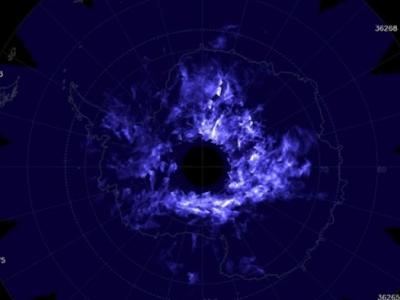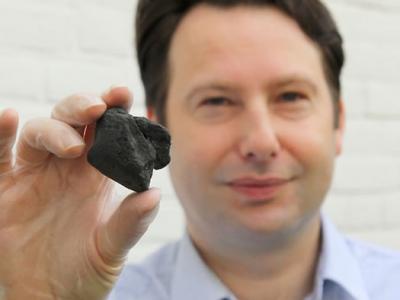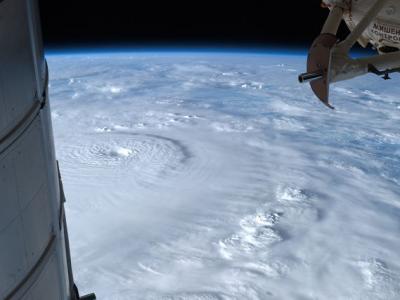Does Geography Influence How a Language Sounds?
New research shows that geography can affect how language sounds.
Languages spoken at high altitudes are more likely to contain a certain kind of sound made using short bursts of air, according to a new study.
The study, published online June 12 in the journal PLoS ONE, is the first to show that geography can influence how a language sounds.
"I had this hypothesis that [certain sounds] might be more common at high altitudes," said study author Caleb Everett, an anthropological linguist at the University of Miami.
"I was not at all convinced that I would find the evidence for it, but when I actually looked at the data, the distribution was pretty overwhelming."
Using an online database that categorizes languages based on their features, Everett analyzed the locations of about 600 of the world's 7,000 or so languages.
He found that 92 of the languages he looked at contained ejective consonants. Ejectives are sounds produced with an intensive burst of air and are not found in the English language.
Moreover, most of the languages containing ejectives were spoken in, or near, five out of six high-altitude regions around the world. A high-altitude region was defined as being more than 4,900 feet (1,500 meters) above sea level.
These regions are the North American Cordillera, the Andes and the Andean altiplano, the southern African plateau, the plateau of the East African Rift and the Ethiopian highlands, and the Caucasus range and Javakheti plateau.
Everett recalled being shocked by his discovery. "I remember stepping out from my desk and saying, 'Okay, this is kind of crazy,'" he said. "My first question was, How had we not noticed this?"
Everett speculated that ejectives are easier to produce at high altitudes because air pressure decreases with altitude, and it takes less effort to compress less-dense air.
"Some people will argue that this is just a historical accident, that it just so happens that the languages that have ejectives are spoken at high altitudes," Everett said.
"That's possible, but it's pretty unlikely ... There are really no exceptions."
Well, almost no exceptions. There is one high-altitude region where the spoken languages did not contain ejectives: the Tibetan plateau. Everett said he has no idea why Tibet is an exception.
"I really don't know," he said.
Everett is currently looking at other possible connections between geography and language. He is following up on a hypothesis, first proposed in 1996 by linguist Robert Monroe and others, that climate can affect a language's syllable structure.
"The essence of their claim is that people rely on vowels more than consonants in warm weather because people tend to be farther apart in warm weather because they're outside more, and vowels are louder than consonants," Everett said.
"I don't endorse [their] hypothesis but believe they were onto something."
Ker Than
National Geographic
Published June 14, 2013












